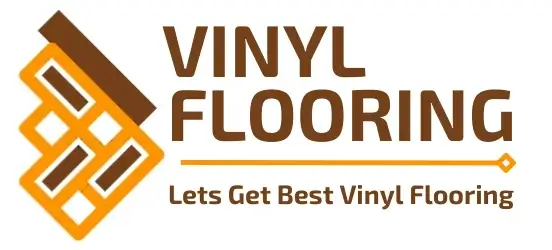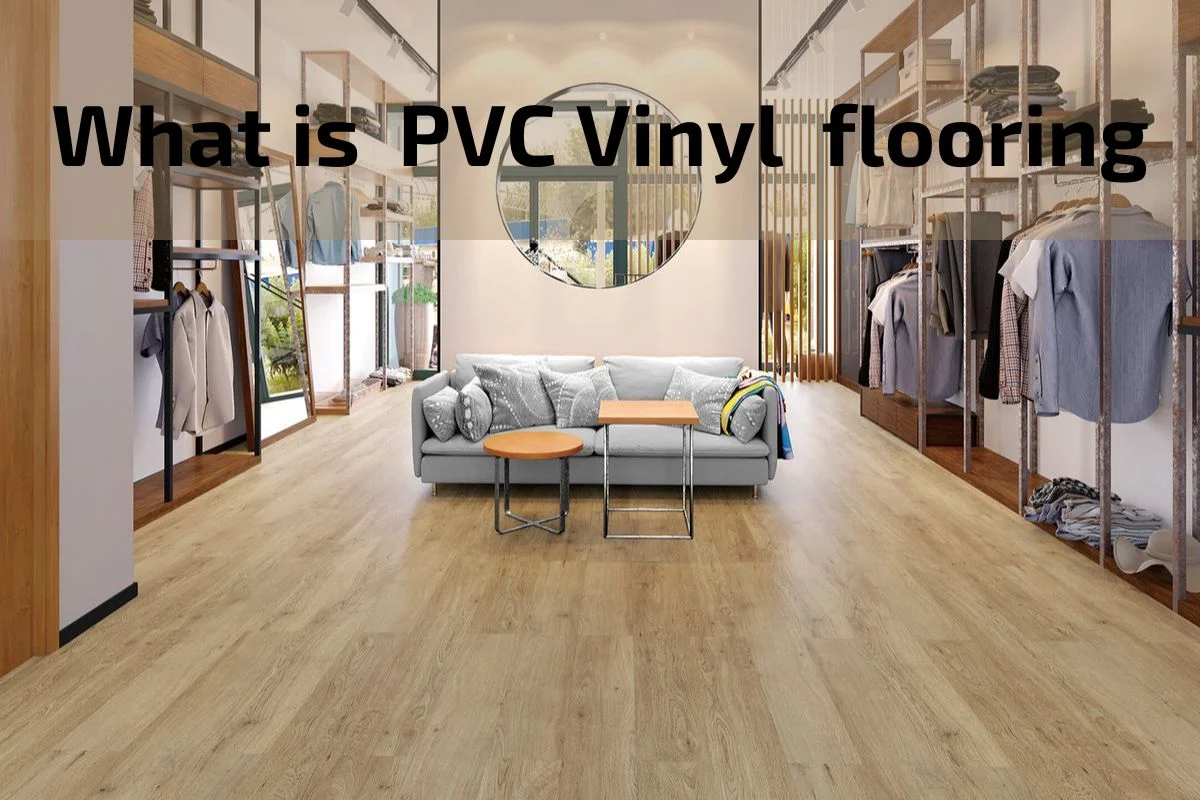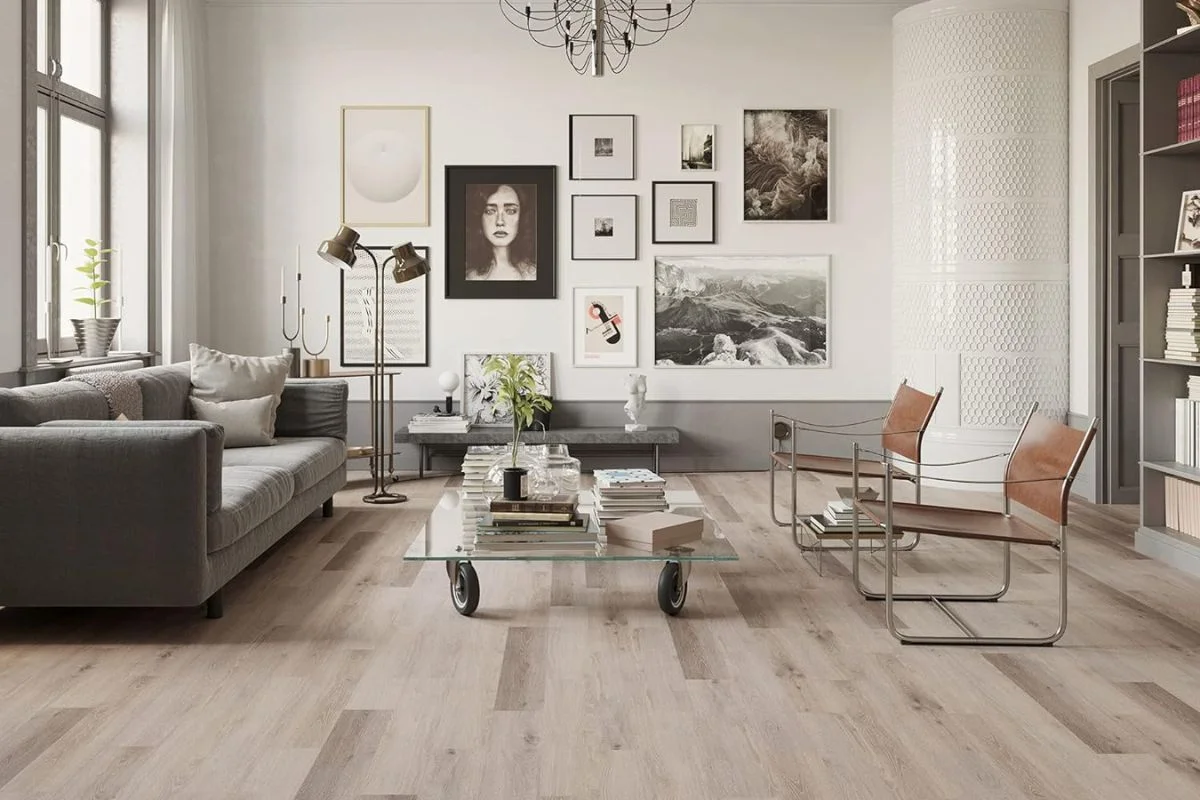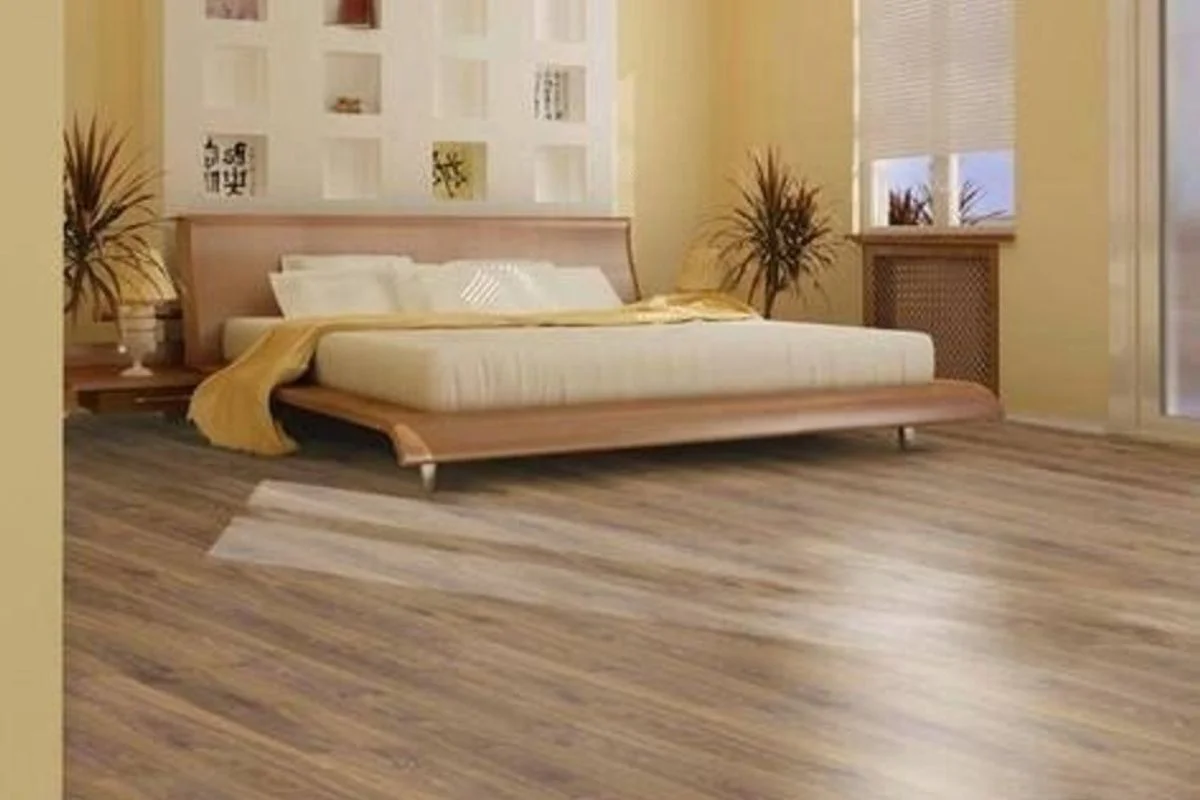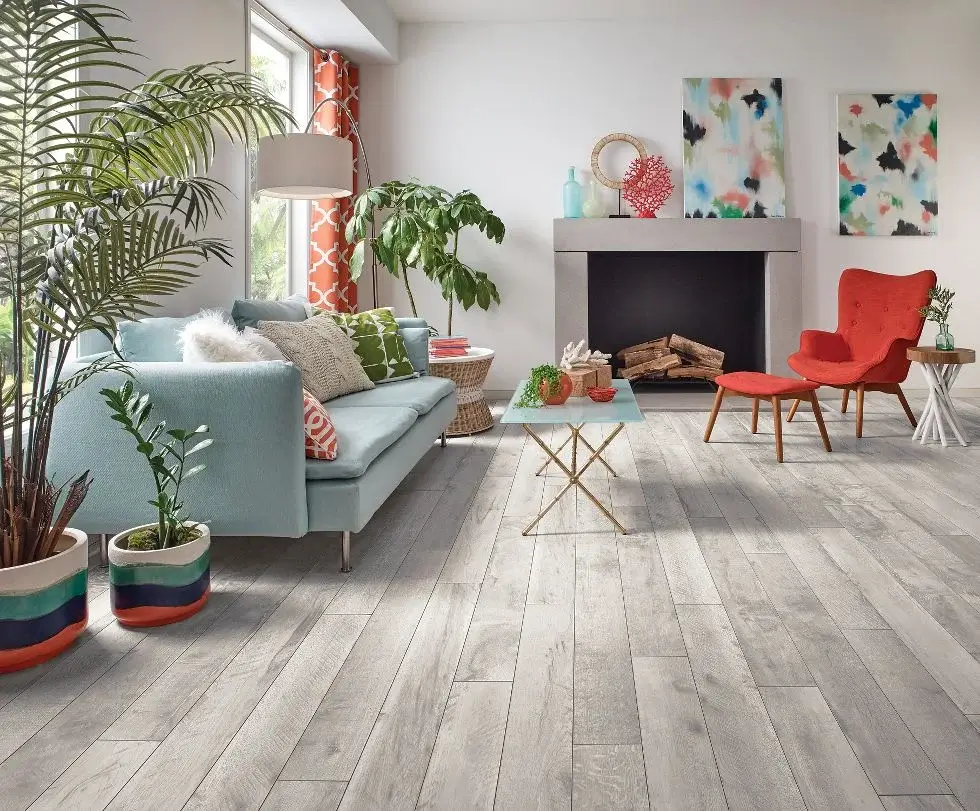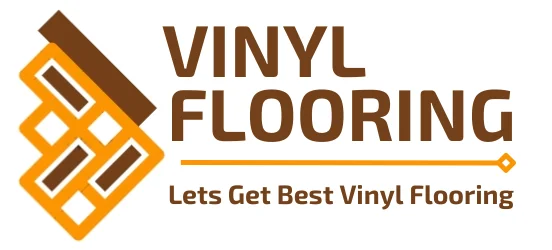PVC (polyvinyl chloride) vinyl flooring has emerged as a popular and versatile flooring option for both residential and commercial spaces. Known for its durability, affordability, and wide range of design options, PVC vinyl flooring offers a practical and stylish solution for homeowners, businesses, and designers alike.
PVC vinyl flooring is constructed from synthetic materials, primarily PVC, which is combined with various additives to enhance its performance and appearance. The result is a resilient flooring material that can mimic the look of natural materials such as wood, stone, or tile, while offering numerous practical advantages.
In recent years, advancements in manufacturing technology have led to the development of PVC vinyl flooring with improved durability, waterproof properties, and ease of installation. These qualities make PVC vinyl flooring suitable for a variety of applications, including high-traffic areas, moisture-prone spaces, and environments where easy maintenance is essential.
Overview of PVC Vinyl Flooring
PVC (polyvinyl chloride) vinyl flooring is a versatile and popular flooring option used in both residential and commercial settings. It is constructed from synthetic materials, primarily PVC, which are combined with additives to enhance its durability and performance.
PVC vinyl flooring comes in various forms, including luxury vinyl plank (LVP), vinyl tile flooring, sheet vinyl flooring, and rigid core vinyl flooring. Each type offers unique features and benefits, allowing homeowners and designers to choose the most suitable option for their specific needs and preferences.
One of the key advantages of PVC vinyl flooring is its durability and longevity. It is resistant to scratches, stains, and moisture, making it ideal for high-traffic areas and moisture-prone spaces such as kitchens, bathrooms, and basements.
Furthermore, PVC vinyl flooring offers remarkable design versatility. It can mimic the look and texture of natural materials such as wood, stone, and tile, providing endless design possibilities for creating stylish and visually appealing interiors.
Installation of PVC vinyl flooring is relatively straightforward, with options for glue-down, click-lock, and loose lay installation methods. Proper subfloor preparation and installation techniques ensure a seamless and long-lasting finish.
Overall, PVC vinyl flooring is a practical and cost-effective flooring solution that offers durability, design flexibility, and easy maintenance. Its wide range of benefits makes it a preferred choice for modern interiors seeking both style and functionality.
Importance of PVC Vinyl Flooring in Interior Design
PVC vinyl flooring plays a significant role in interior design due to its versatility, durability, and aesthetic appeal. Here are several reasons highlighting the importance of PVC vinyl flooring in interior design:
Design Versatility: PVC vinyl flooring offers an extensive range of design options, including various colors, patterns, and textures. It can mimic the look of natural materials such as wood, stone, and tile, allowing designers to achieve the desired aesthetic for their space without the maintenance requirements or cost associated with traditional materials.
Flexibility in Application: PVC vinyl flooring can be installed in virtually any room or space within a building, including high-traffic areas, moisture-prone environments, and commercial spaces. Its flexibility in application makes it suitable for residential homes, office buildings, retail stores, healthcare facilities, and hospitality settings.
Durability and Longevity: PVC vinyl flooring is renowned for its durability and resilience to wear and tear. It is resistant to scratches, stains, and moisture, making it ideal for areas with heavy foot traffic or exposure to spills and moisture. Its long lifespan ensures that it can withstand the demands of daily use while maintaining its appearance and functionality over time.
Ease of Maintenance: One of the key advantages of PVC vinyl flooring is its ease of maintenance. It requires minimal upkeep and can be cleaned with simple household cleaning products and techniques. Regular sweeping and mopping are usually sufficient to keep PVC vinyl flooring looking clean and fresh, making it a practical choice for busy households and commercial spaces.
Cost-Effectiveness: PVC vinyl flooring is a cost-effective flooring option compared to natural materials such as hardwood or stone. It offers similar aesthetic benefits at a fraction of the cost, making it accessible to a wide range of budgets. Its affordability makes it an attractive choice for homeowners and businesses looking to enhance the appearance of their interiors without breaking the bank.
Environmental Considerations: PVC vinyl flooring has evolved to include environmentally friendly options that prioritize sustainability and eco-friendliness. Manufacturers are increasingly using recycled materials and employing sustainable production practices to reduce the environmental impact of PVC vinyl flooring.
Advantages and Disadvantages of PVC Vinyl Flooring
PVC vinyl flooring offers numerous advantages that make it a popular choice for residential and commercial spaces, but it also comes with a few potential drawbacks that should be considered. Here’s a closer look at the advantages and disadvantages of PVC vinyl flooring:
Advantages:
Durability: PVC vinyl flooring is highly durable and resistant to scratches, stains, and moisture. It can withstand heavy foot traffic and is suitable for use in high-traffic areas such as kitchens, hallways, and commercial spaces.
Design Versatility: PVC vinyl flooring comes in a wide range of colors, patterns, and textures, allowing for endless design possibilities. It can mimic the look of natural materials such as hardwood, stone, and tile, providing versatility in interior design.
Easy Maintenance: PVC vinyl flooring is easy to clean and maintain. It requires regular sweeping and mopping with mild detergent and water to keep it looking fresh and new. Unlike natural materials, PVC vinyl flooring does not require waxing or polishing.
Affordability: PVC vinyl flooring is more affordable than many other flooring options, making it accessible to a wide range of budgets. It offers similar aesthetic benefits to natural materials at a fraction of the cost, making it an attractive choice for homeowners and businesses alike.
Comfortable Underfoot: PVC vinyl flooring has a softer and warmer feel underfoot compared to materials like tile or stone. It provides a comfortable surface to walk on, making it ideal for areas where people spend a lot of time standing.
Disadvantages:
Environmental Concerns: PVC vinyl flooring is made from synthetic materials that can release volatile organic compounds (VOCs) into the air, posing potential health risks. Additionally, the production and disposal of PVC vinyl flooring can have negative environmental impacts.
Susceptibility to Damage: While PVC vinyl flooring is durable, it can still be susceptible to damage from sharp objects, heavy furniture, and dragging of heavy items. Scratches, dents, and tears may occur if proper precautions are not taken.
Limited Repair Options: Unlike hardwood or tile flooring, PVC vinyl flooring cannot be refinished or repaired easily. Damage to the flooring may require replacement of the affected area or even the entire floor, which can be costly and time-consuming.
Not as Eco-Friendly as Natural Materials: While PVC vinyl flooring may be more affordable than natural materials, it is not as eco-friendly. It is made from petroleum-based materials and may not be biodegradable at the end of its life cycle.
Types of PVC Vinyl Flooring
PVC vinyl flooring comes in various types, each offering unique features and benefits to suit different preferences and applications. Here are the common types of PVC vinyl flooring:
Luxury Vinyl Plank (LVP): Luxury vinyl plank flooring replicates the look and texture of hardwood flooring. It consists of individual planks that are installed with a click-lock or glue-down method. LVP is highly durable, water-resistant, and available in a wide range of wood grain patterns and colors.
Vinyl Tile Flooring: Vinyl tile flooring resembles ceramic or porcelain tiles and is available in a variety of shapes, sizes, and patterns. Vinyl tiles can be installed with adhesive or as peel-and-stick tiles, making them easy to install and replace. They are durable, waterproof, and ideal for areas prone to moisture, such as bathrooms and kitchens.
Sheet Vinyl Flooring: Sheet vinyl flooring comes in large rolls and offers a seamless, uniform appearance when installed. It is available in a wide range of colors, patterns, and textures, including designs that mimic natural stone and tile. Sheet vinyl is durable, easy to clean, and suitable for high-traffic areas.
Rigid Core Vinyl Flooring: Rigid core vinyl flooring features a rigid core construction that provides added stability and durability. It is designed to withstand heavy foot traffic and resist indentation from furniture and other heavy objects. Rigid core vinyl flooring is available in plank or tile formats and offers enhanced dimensional stability.
Waterproof Vinyl Flooring: Waterproof vinyl flooring is designed to repel water and resist moisture, making it suitable for areas prone to spills and humidity. It is an excellent choice for bathrooms, basements, and laundry rooms where moisture resistance is essential. Waterproof vinyl flooring is available in various styles, including wood and stone looks.
Commercial-Grade Vinyl Flooring: Commercial-grade vinyl flooring is engineered to meet the rigorous demands of commercial environments such as retail stores, offices, and healthcare facilities. It is designed to withstand heavy foot traffic, spills, and stains while maintaining its appearance and performance over time.
Comparing PVC Vinyl Flooring with Other Flooring Options
PVC vinyl flooring is a popular choice for residential and commercial spaces, but how does it compare to other flooring options? Let’s examine the key differences between PVC vinyl flooring and some common alternatives:
Hardwood Flooring: Hardwood flooring offers timeless beauty and natural warmth, but it tends to be more expensive than PVC vinyl flooring. Hardwood is susceptible to scratches, dents, and water damage, whereas PVC vinyl flooring is more durable and water-resistant. Hardwood flooring requires regular maintenance and refinishing to maintain its appearance, while PVC vinyl flooring is easy to clean and maintain.
Laminate Flooring: Laminate flooring is a cost-effective alternative to hardwood, but it may not be as durable as PVC vinyl flooring. Laminate flooring consists of a fiberboard core with a photographic layer that mimics the look of wood, tile, or stone. While laminate flooring is scratch-resistant and easy to install, it may not hold up as well to moisture and humidity compared to PVC vinyl flooring.
Ceramic Tile Flooring: Ceramic tile flooring is known for its durability and water resistance, making it suitable for bathrooms, kitchens, and other moisture-prone areas. However, ceramic tile installation can be labor-intensive and costly compared to PVC vinyl flooring. Ceramic tile flooring is also prone to cracking and chipping, whereas PVC vinyl flooring is more resilient to impact damage.
Carpet Flooring: Carpet flooring offers comfort and warmth underfoot, but it may not be as durable or easy to maintain as PVC vinyl flooring. Carpet can trap dust, allergens, and stains, requiring regular vacuuming and professional cleaning. PVC vinyl flooring, on the other hand, is easy to clean and resistant to stains and moisture.
Natural Stone Flooring: Natural stone flooring, such as marble, granite, and slate, exudes luxury and sophistication but comes with a hefty price tag and requires regular maintenance. Natural stone is prone to scratching, staining, and etching, whereas PVC vinyl flooring offers similar aesthetic benefits at a fraction of the cost and requires minimal maintenance.
Maintenance and Cleaning Guidelines for PVC Vinyl Flooring
Proper maintenance and regular cleaning are essential to preserve the appearance and longevity of PVC vinyl flooring. Follow these guidelines to keep your PVC vinyl flooring looking clean and pristine:
Daily Sweeping or Vacuuming: Use a soft-bristled broom or a vacuum cleaner with a soft brush attachment to remove dust, dirt, and debris from the surface of the flooring. Regular sweeping or vacuuming prevents abrasive particles from scratching the floor’s surface.
Damp Mopping: Periodically damp mop the PVC vinyl flooring using a mop dampened with warm water and a mild detergent or vinyl floor cleaner. Avoid using abrasive cleaners, ammonia-based products, or wax-based cleaners, as they can damage the flooring’s surface.
Spot Cleaning: Promptly clean up spills and stains to prevent them from setting into the flooring. Use a damp cloth or sponge with a mild detergent to gently blot the affected area. Avoid using abrasive scrubbers or harsh chemicals that may damage the flooring.
Avoid Excessive Moisture: While PVC vinyl flooring is water-resistant, excessive moisture can seep into the seams and edges, causing damage to the adhesive and subfloor. Use minimal water when mopping the flooring, and promptly dry any excess moisture with a clean, dry cloth or mop.
Protective Measures: Place felt pads or furniture coasters under the legs of heavy furniture to prevent scratching and indentation of the flooring. Use floor mats or rugs at entryways and high-traffic areas to trap dirt, moisture, and debris before it reaches the flooring.
Avoid Sharp Objects: Do not drag heavy furniture or sharp objects across the surface of the PVC vinyl flooring, as this can cause scratches and damage. Use caution when moving furniture and appliances to prevent accidental damage to the flooring.
Regular Inspections: Periodically inspect the PVC vinyl flooring for signs of wear, scratches, or damage. Address any issues promptly to prevent further damage and maintain the integrity of the flooring.
Avoid Steam Cleaning: Avoid using steam cleaners or excessive heat on PVC vinyl flooring, as this can damage the flooring’s surface and cause warping or delamination.
Follow Manufacturer’s Recommendations: Refer to the manufacturer’s guidelines and recommendations for cleaning and maintenance specific to your PVC vinyl flooring product. Follow any instructions provided to ensure optimal performance and longevity.
Conclusion
In conclusion, PVC vinyl flooring stands out as a practical, versatile, and aesthetically pleasing flooring option for both residential and commercial spaces. With its durability, design versatility, ease of maintenance, and affordability, PVC vinyl flooring offers numerous advantages that make it a preferred choice for modern interiors.
